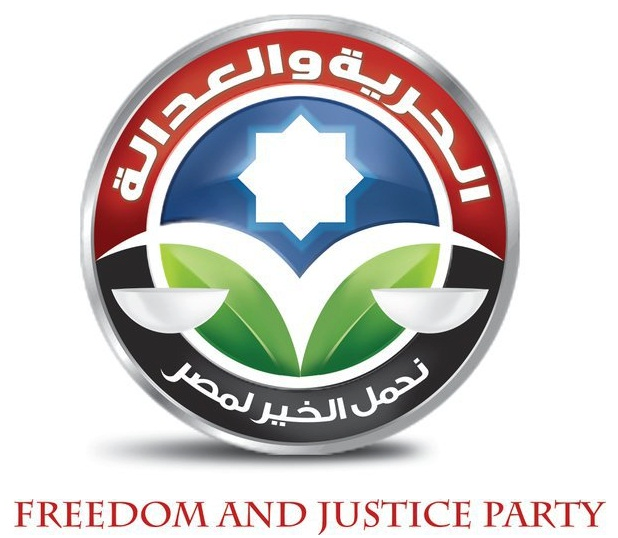President Abdel Fattah Al-Sisi issued on Monday presidential pardon for 203 prisoners for the second list recommended by the Detained Youth Committee, according to state-run media outlet EGY News.
Media outlets published the list of the to-be-released prisoners, which included one girl. The listed prisoners are aging from 16 years to above 50.
Sources told Daily News Egypt that the pardon for the prisoners will be issued by the presidency within 24 hours.
Tarek El-Khouly, who is a member of the committee, said all of the 203 prisoners were serving final sentences in cases regarding freedom of expression and publishing crimes. The majority are students and individuals suffering from poor health conditions, he added.
Asked for names, the MP said that he could not provide any names yet, as the committee is still awaiting the final list to be returned by the presidency. The second list was sent to the presidency in mid-January.
There are, however, no names of prominent detainees on the list.
The committee has been working on the second list for more than two months, which has raised many questions among families and public figures concerning its delay, especially since the first list was released after only 15 days of working on it.
The committee commented on this previously, saying that it had been reviving a large number of cases, which requires long time for reviewing, also because the majority of the cases were repeatedly sent to the committee.
Muslim Brotherhood prisoners are excluded from the committee’s work. El-Khouly previously asserted there will be no reconciliation with the brotherhood.
The Detained Youth Committee was established based on recommendations made during the National Youth Conference that took place in October. During the conference, veteran politician Osama Al-Ghazali Harb called on the president to release young detainees.
The first list was released in early November and pardoned 82 prisoners from a list that originally included 83 prisoners.
This committee faced great criticism by politicians and members of the civil society, who viewed its member as not qualified for deciding on pardons, especially since they do not have a strong legal background. Additionally, a number of the committee’s members are known for their reluctance to release political detainees.


